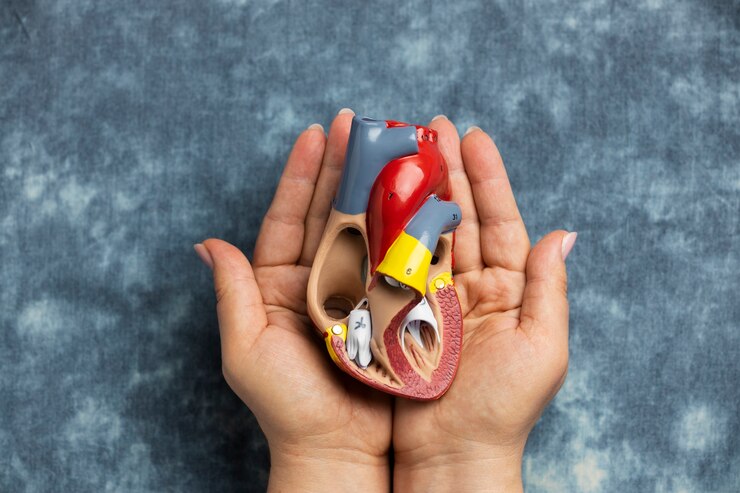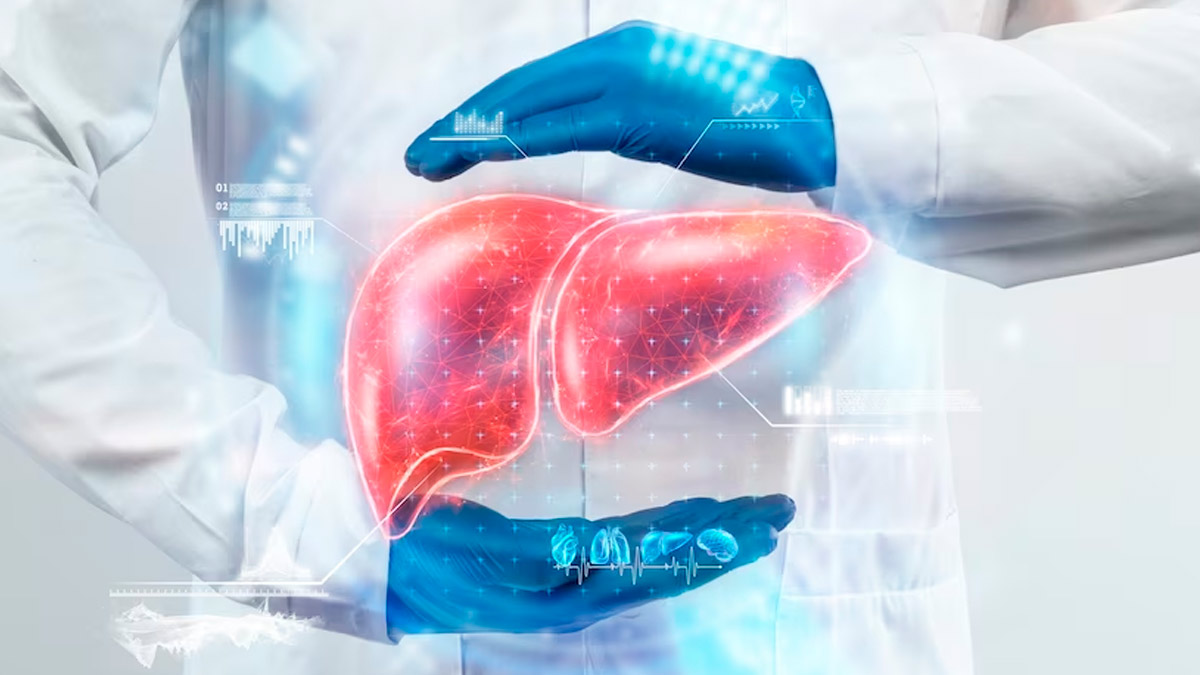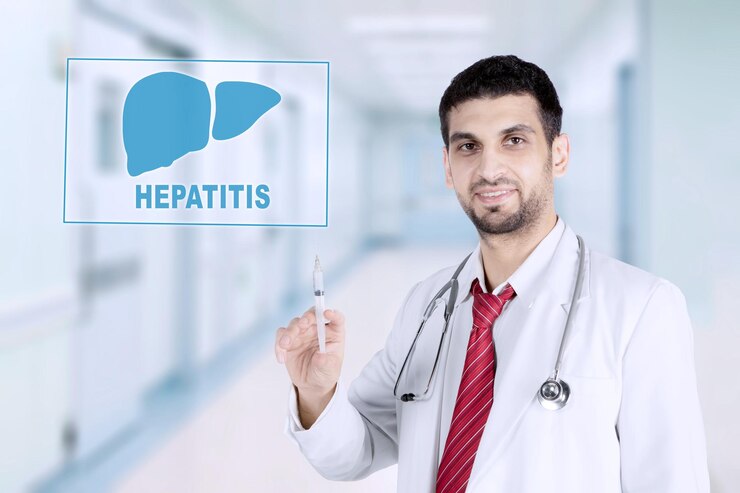
The liver, a truly remarkable organ, performs numerous essential functions crucial for our overall health and vitality. Despite its significance, liver disease remains a significant public health challenge, affecting millions of individuals in India.
We spoke to our expert Dr Sharan Narute Liver Transplant Surgeon - Medicover Hospital, Pune to shed light on the often overlooked but vital aspect of healthcare: liver care. Here what he shared to underscore the importance of liver health and provide practical insights into prioritising liver care in our daily lives.
The Liver's Vital Role
The liver plays a pivotal role in maintaining the body's equilibrium. It is involved in the digestion of food, synthesis of essential proteins, metabolism of carbohydrates and fats, and storage and usage of vitamins and minerals. Additionally, the liver is responsible for producing blood components necessary for clotting and immunity, as well as detoxification. In short, the liver is involved in countless physiological processes crucial for our well-being. Despite its resilience, the liver is susceptible to damage from factors such as excessive alcohol consumption, viral infections, obesity, and certain medications or toxins.
The Silent Progression of Liver Disease

One of the most concerning aspects of liver disease is its silent progression. Individuals may not experience symptoms until the disease has advanced to a critical stage. This underscores the importance of proactive measures to safeguard liver health. Regular screenings, such as liver function tests and imaging studies, can help detect liver abnormalities at an early stage when intervention is most effective.
Prioritising Liver-Friendly Lifestyle

Adopting a liver-friendly lifestyle is paramount for maintaining optimal liver health. Dr Narute emphasises the following measures:
1. Healthy Diet
A balanced diet rich in fruits, vegetables, lean proteins, and whole grains can help prevent obesity and non-alcoholic fatty liver disease.
2. Regular Exercise
Physical activity promotes overall health and reduces the risk of fatty liver disease and other metabolic disorders.
3. Moderate Alcohol Consumption
Excessive alcohol consumption is a leading cause of liver damage. Limiting alcohol intake to moderate levels can significantly reduce the risk of liver disease.
4. Avoidance of Hepatotoxic Substances
Certain medications, recreational drugs, and environmental toxins can harm the liver. Using these substances judiciously and under medical guidance is essential.
5. Vaccination
Vaccines are available for hepatitis A and B, viral infections that can cause liver inflammation and damage. Ensuring vaccination against these viruses is a crucial preventive measure.
The Doctor's Responsibility
As a liver ransplant surgeon, Dr Narute has a responsibility to educate patients about the importance of liver care and empower them to take proactive steps to protect their liver health. This includes offering screening services, addressing concerns related to liver disease, and raising awareness within the community. Dr Narute advocates for equitable access to healthcare services for all individuals, regardless of socioeconomic status.
A Final Word
By prioritising liver health in both personal lives and broader healthcare systems, significant strides can be made in preventing liver disease, improving patient outcomes, and ultimately saving lives. Together, we can make a meaningful difference in the fight against liver disease. Let's prioritise liver health and work towards a healthier future for all.
How we keep this article up to date:
We work with experts and keep a close eye on the latest in health and wellness. Whenever there is a new research or helpful information, we update our articles with accurate and useful advice.
Current Version